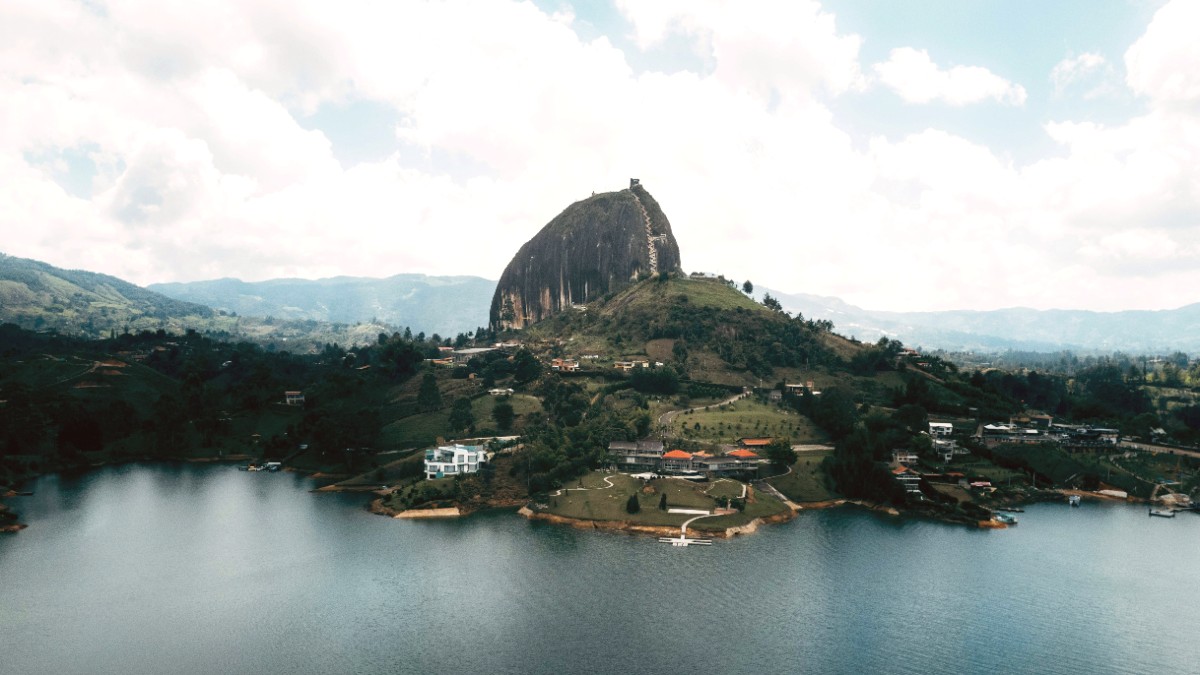
Colombia
Practice "leave no trace" principles. Stay on marked trails, do not disturb wildlife, and discard waste properly. Help keep the reservoir and surrounding areas clean.
Engage with locals respectfully. Learn basic Spanish phrases. Ask permission before taking photos. Dress modestly when visiting religious sites. Support local traditions like the zócalos.
Choose local accommodations, restaurants, and tour operators. Buy souvenirs directly from artisans. Your choices directly support the community and local economy.
Protecting the environment is a shared responsibility.
Waste management in smaller towns may differ from major cities.
Your travel choices contribute to environmental preservation.
Guatapé's environment thrives on visitor consciousness.
Participate in activities that prioritize environmental responsibility.
The zócalo tradition in Guatapé is a significant cultural effort. Support local artisans directly by purchasing their crafts. This helps maintain this unique art form.
Greet locals with "Hola." Use "por favor" (please) and "gracias" (thank you) often. Be patient with language differences. Make an effort to speak some Spanish. Always ask permission before photographing people.
Every small action in responsible travel collectively results in a positive global impact. Choose wisely.
Your choices as a traveler positively impact the local economy.
Prioritize local restaurants, shops, and tour operators over larger chains. This strengthens the local economy and maintains Guatapé's unique character.
Ensure your travel contributes positively to local livelihoods.
Specific ways your spending directly benefits locals.
Buy fresh produce and goods at the local market (plaza de mercado). This directly supports farmers and vendors.
Purchase zócalo-inspired art pieces directly from the artists' workshops in town. Their livelihood often relies on tourist purchases.
Hire certified local guides for excursions or town tours. Their knowledge enriches your experience and supports their income.